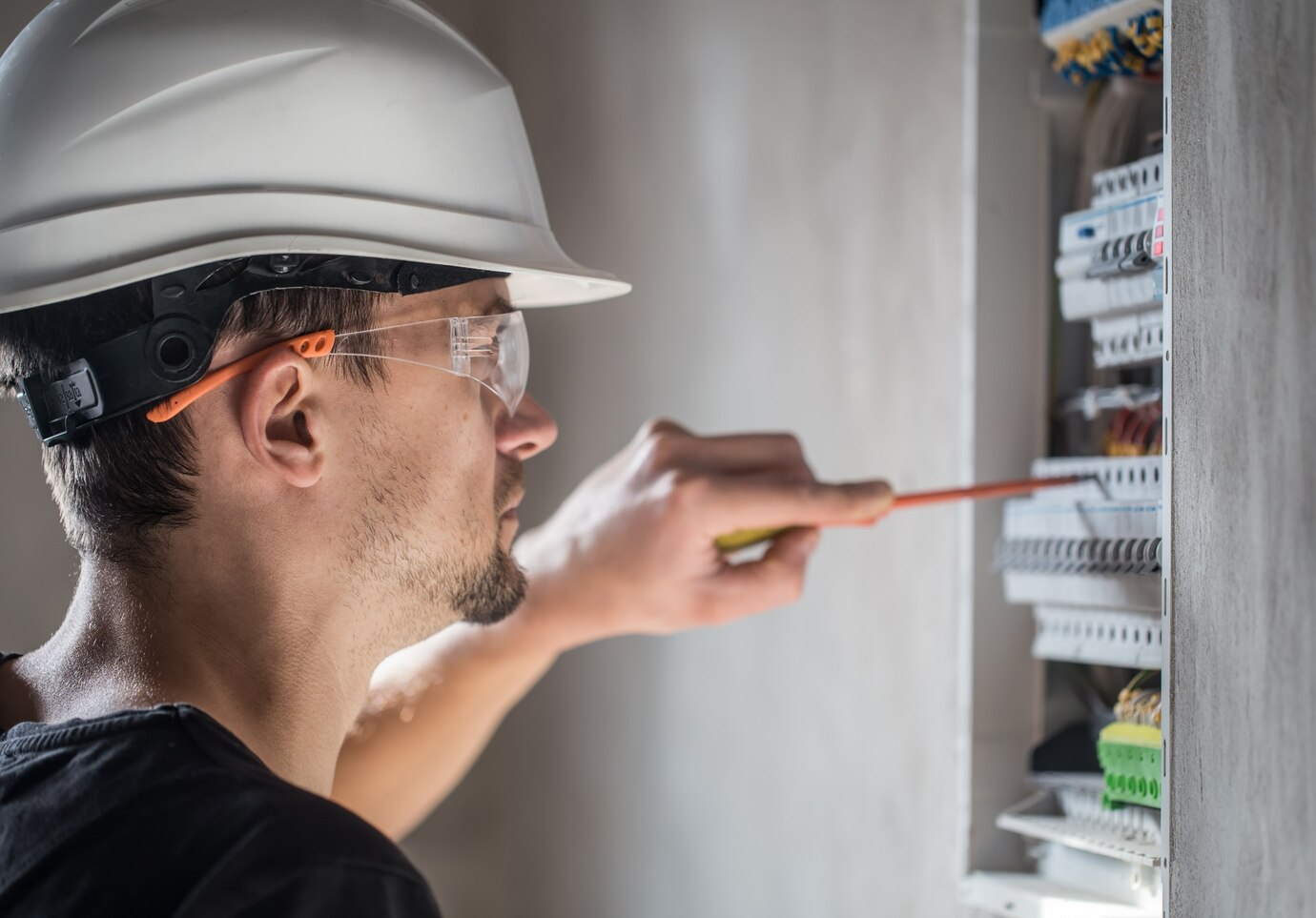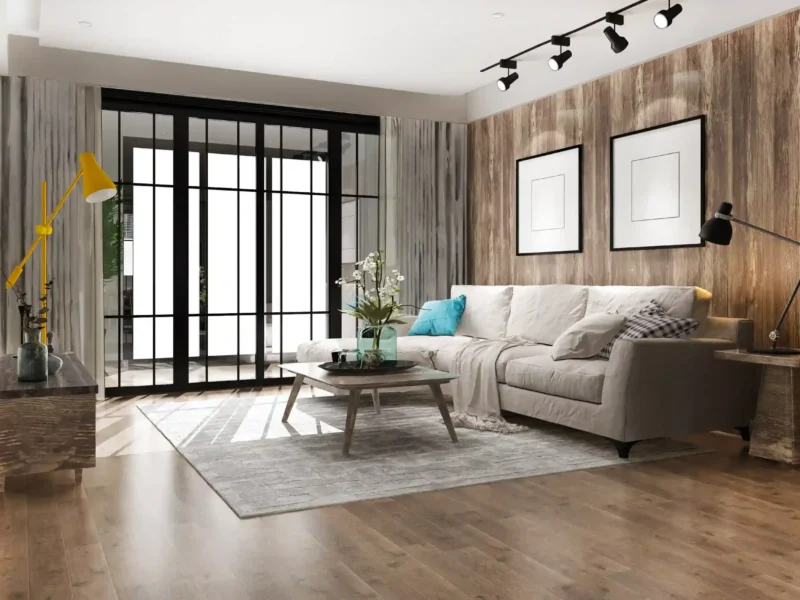In the technologically advanced world of today, a “home” is much more than just a place with four walls and a roof. These days, modern living combines efficiency, automation, and connectivity to create what are known as “smart homes.” These futuristic areas are becoming more and more available to regular homeowners who need convenience, security, and energy efficiency; they are no longer just found in luxury homes. Although many people think of smart homes in terms of devices and applications, competent electricians are essential to their smooth operation. The foundation of smart home integration, electricians are much more than just masters in basic wiring; they make sure that complex systems function as a unit.
The Function of Electricians in the Design of Smart Homes
The infrastructure that allows automation is designed by electricians in the background before a smart house is a reality. Connecting gadgets like security cameras, smart thermostats, home assistants, and energy management systems in smart homes necessitates careful planning, in contrast to conventional wiring for outlets and lighting. To decide where sensors, hubs, and control panels should be placed, electricians work with architects, homeowners, and tech specialists. Every gadget will operate effectively during this planning stage, free from interference and needless power consumption. Without this thorough strategy, technical problems could swiftly eclipse the convenience of a smart house. Therefore, the foundation of a dependable and future-proof smart home system is laid by electricians.
Smooth Device Integration
A smart home is a network of connected devices that interact perfectly, not merely a collection of devices. Electricians play a key role in achieving this, especially experts like those from the reliable M&J Electrical Works who know all about different electrical systems and how to make the most of them. They combine gadgets like voice-activated appliances, sophisticated entertainment systems, and automatic lighting into a single, user-friendly platform. This entails resolving any possible connectivity issues as well as making sure various brands and technologies work together. For dependable data flow across systems, for example, an electrician might need to install extra wire or design special circuits for high-power equipment.
Putting Safety and Dependability First
Smart homes are convenient, but they also pose new security risks. To reduce these hazards, electricians provide their knowledge. They guarantee that every installation complies with regional building laws and safety requirements, averting problems like overloaded circuits or damaged connections. Furthermore, electricians are adept at putting surge protection into place, which protects pricey smart equipment from unanticipated electrical surges. Additionally, they can include fail-safe features, such as backup power systems, to ensure that critical operations continue to run in the event of an outage. Homeowners can benefit from smart technology without worrying about any risks due to this dedication to safety.
Sustainability and Energy Efficiency
Although smart homes are praised for their ability to save energy, adding automated equipment alone won’t be enough to achieve optimal efficiency. For sustainable living, electricians optimize these systems. They can install energy-efficient LED lighting with customizable schedules, integrate solar panels or battery storage for renewable energy consumption, and connect smart thermostats to HVAC systems for precise climate control. Electricians assist in lowering utility costs and energy use by optimizing these systems. More significantly, by making homes more environmentally friendly, they support larger environmental initiatives. Smart houses become effective instruments for sustainable living thanks to this blend of creativity and experience.
Smart Homes of the Future
Because technology is changing so quickly, what is considered cutting edge now could be out of date in a few years. To make sure that smart homes are flexible enough to accommodate new developments, electricians are crucial. To make changes easy and affordable, they employ structured cabling, modular installs, and scalable wiring systems. Homeowners may easily integrate upcoming technologies and avoid costly overhauls thanks to this forward-thinking approach. In order to keep smart homes ahead of the curve, electricians assist with everything from integrating electric vehicle charging stations to getting ready for new home automation protocols.
There is much more to electricians than just “keeping the lights on.” They are the designers of efficiency, safety, and connectivity in the age of smart houses. Their knowledge turns a home full of devices into a cohesive, useful ecosystem that enhances daily living. At the core of the smart home revolution are electricians, who build infrastructure, integrate gadgets, ensure safety, and optimize energy use. Their function will only grow more crucial as technology develops, demonstrating that a genuinely intelligent home requires both creative technology and expert craftsmanship.


